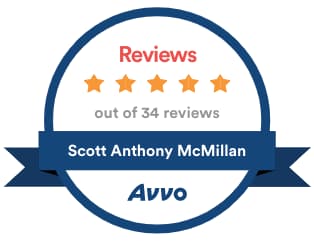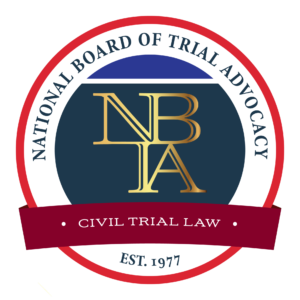The Trial-Tested Representation Your Case Requires
Is an LLC the right structure for your business?
- Published: April 6, 2022
Deciding to start a business is an exciting and complex adventure. As you strategize your business plan, one key factor to consider is how to structure your business. The formation type you select will impact everything from your tax liability to how you run your daily and annual operations.
Commonly used business formation types include sole proprietorship, partnership, limited liability company (LLC) and S or C corporations. While each have its own advantages and disadvantages, many find that an LLC strikes a nice balance between freedom and stability.
Benefits of operating as an LLC
An LLC is a type of legal entity, and it can even be utilized by sole proprietorships and partnership businesses. There are several benefits to choosing to operate as an LLC including:
- Ownership options: It can be run by one or more individuals, including family members
- Simplicity: There are fewer regulatory hoops to jump through for an LLC versus an S or C corp
- Protections: Owners’ assets are excluded from legal claims against the business
- Straightforward taxation: Income and losses fall under owners’ personal tax returns and are taxed accordingly
- Flexibility: LLCs don’t have to follow the same operational guidelines as corporations, although they are often encouraged
Of course, there are many variables to consider when forming your business. Factors like whether you plan to hold on to the business for a long time or if you intend to sell it off in the near future will impact your decision. Working with someone familiar with the many different types of business structures can be a valuable resource as you lay the foundation for your undertaking.
Recent Posts
- Bad insurance is also bad for your business
- Whose side is an insurance company really on?
- Why would the insurance company deny your water damage claim?
- Looking to launch a new business really fast?
- Signs your business partnership is headed in the wrong direction
- How can a title defect hurt your business?







